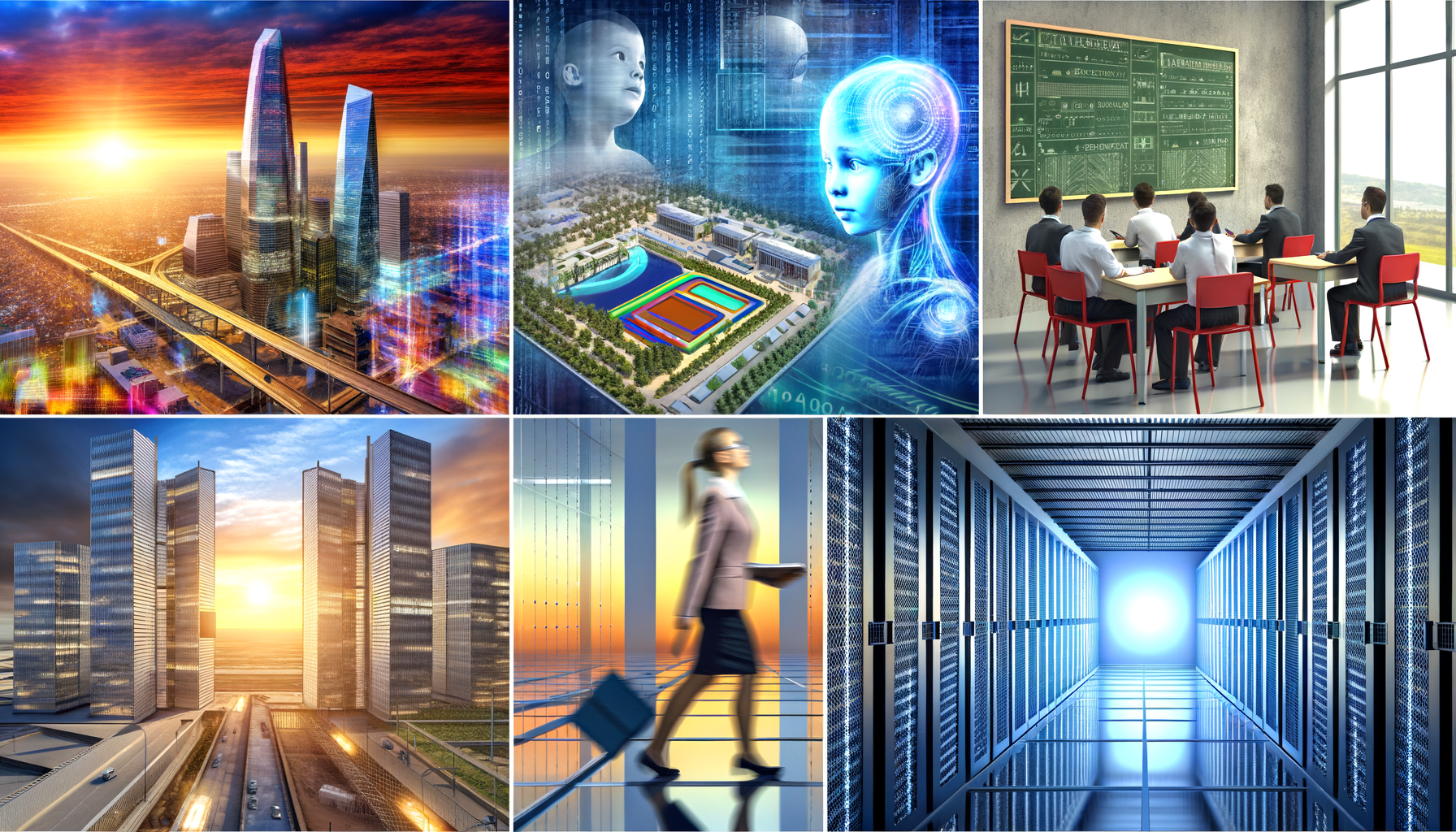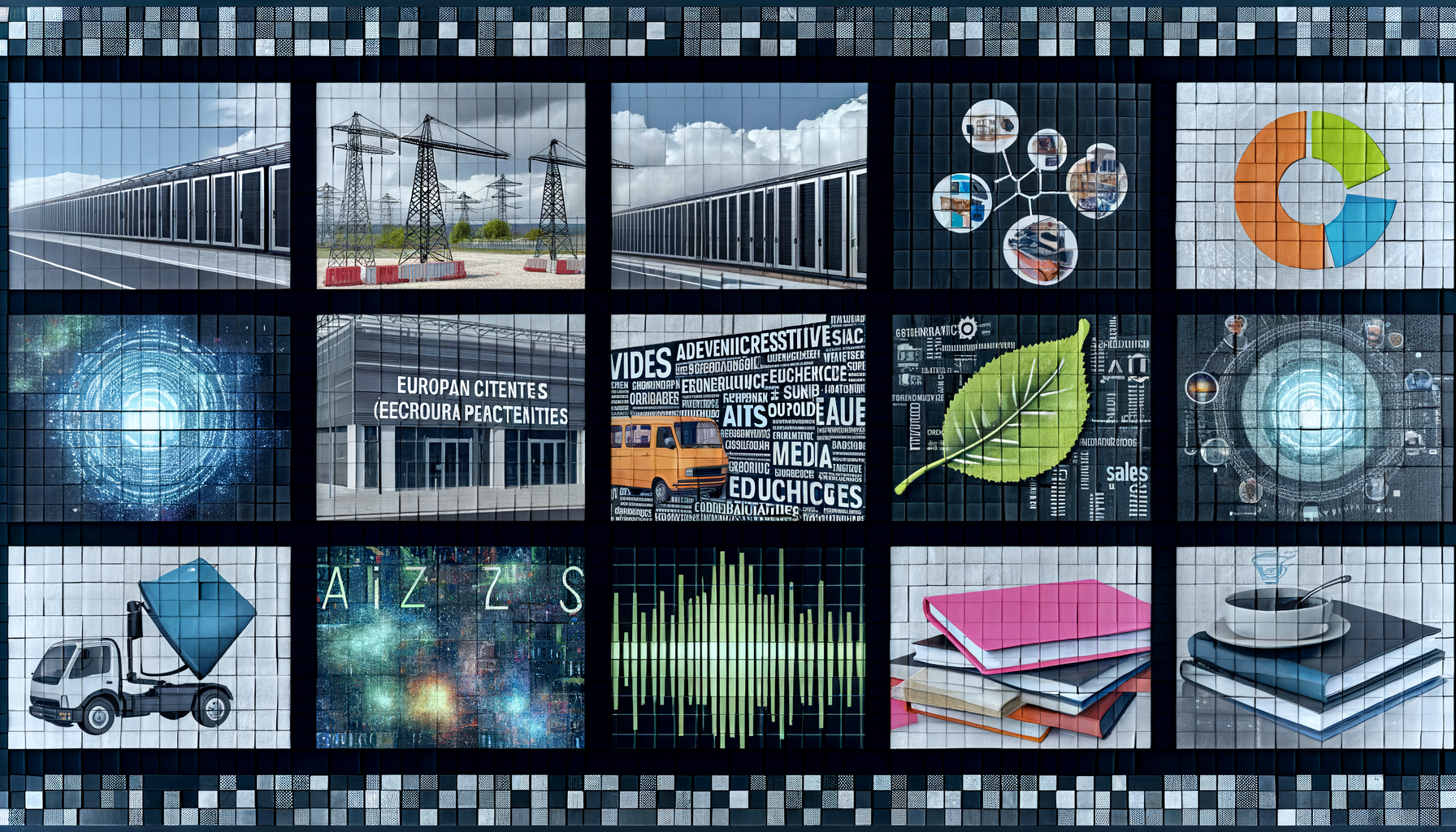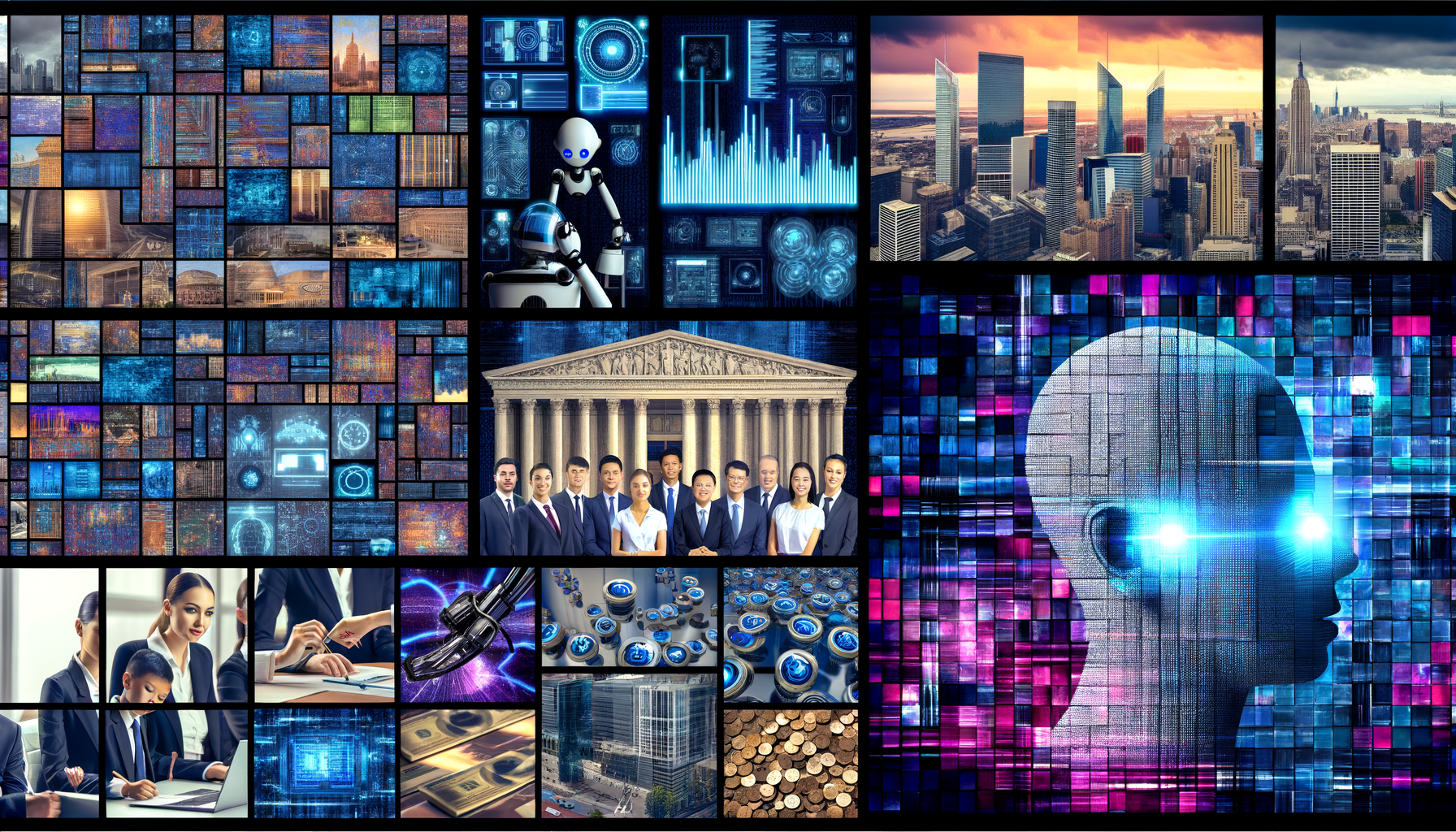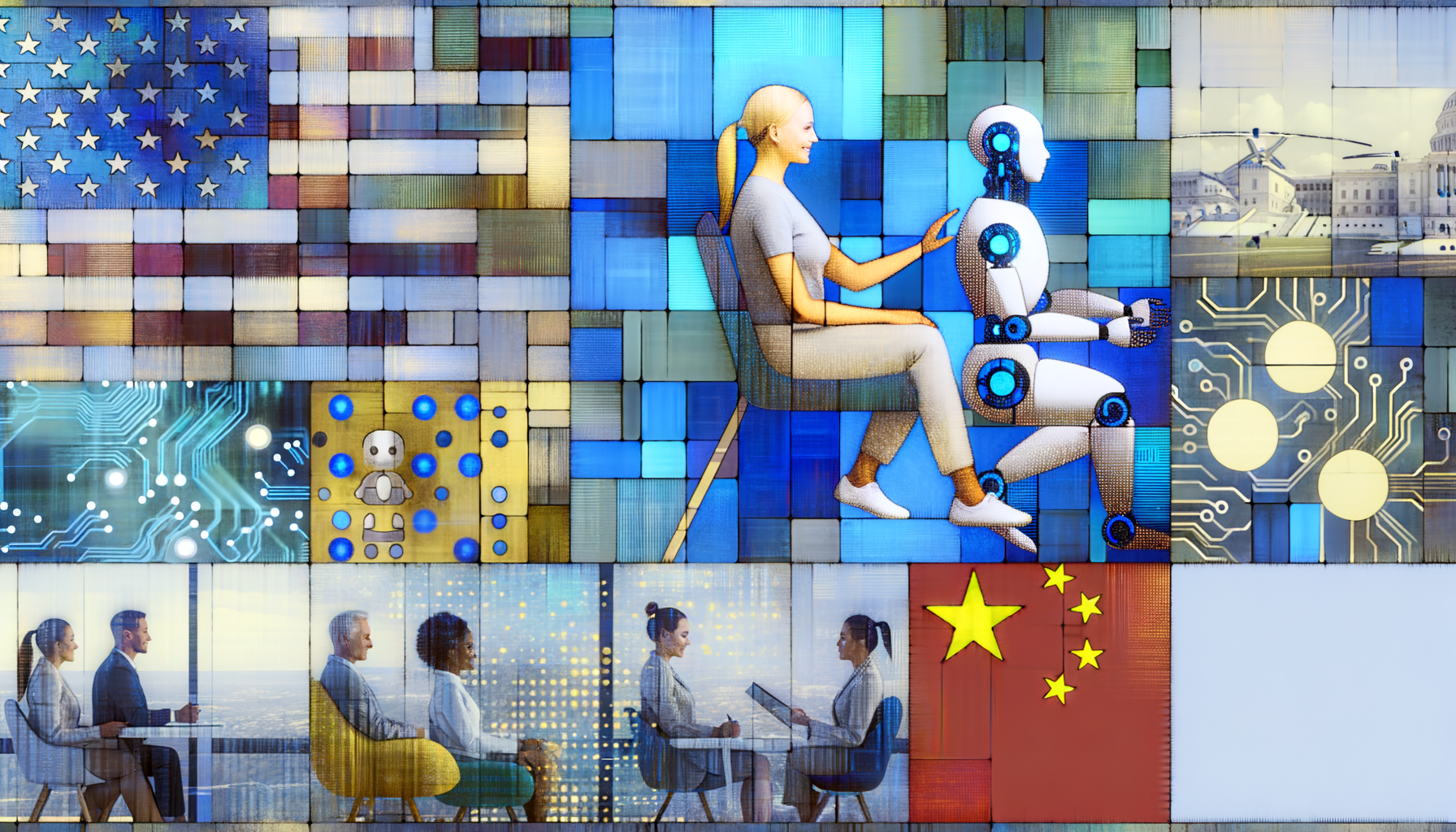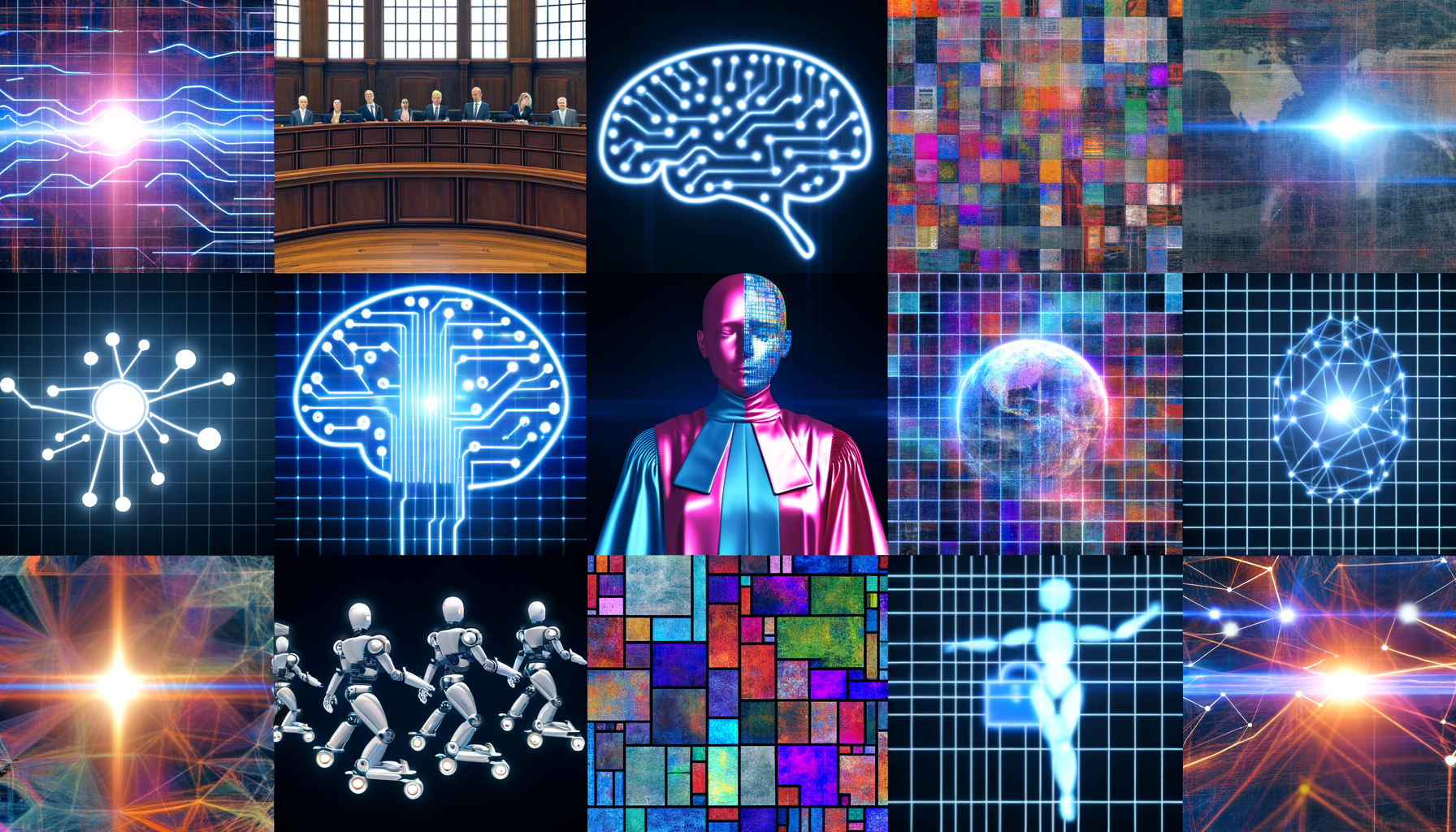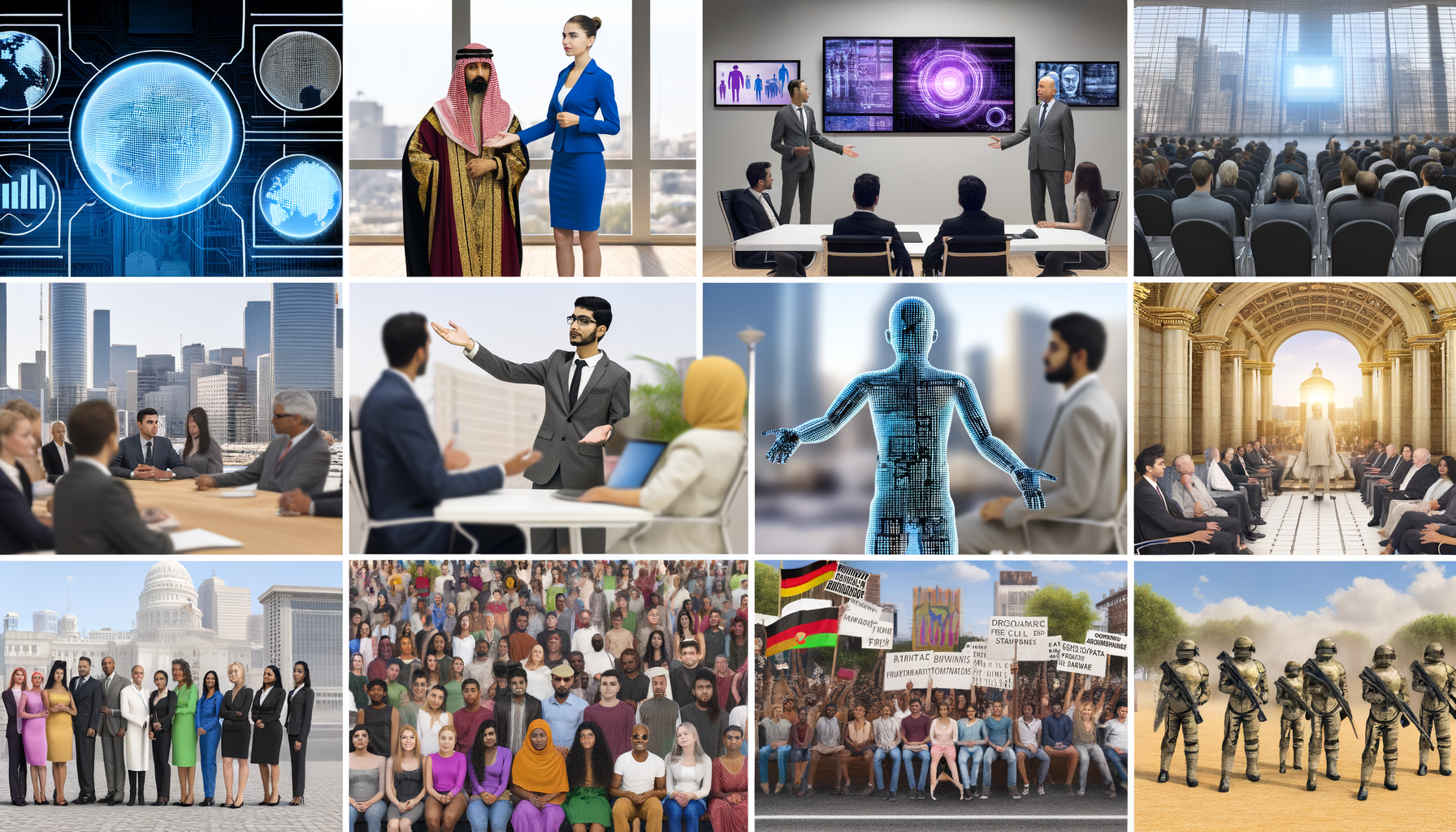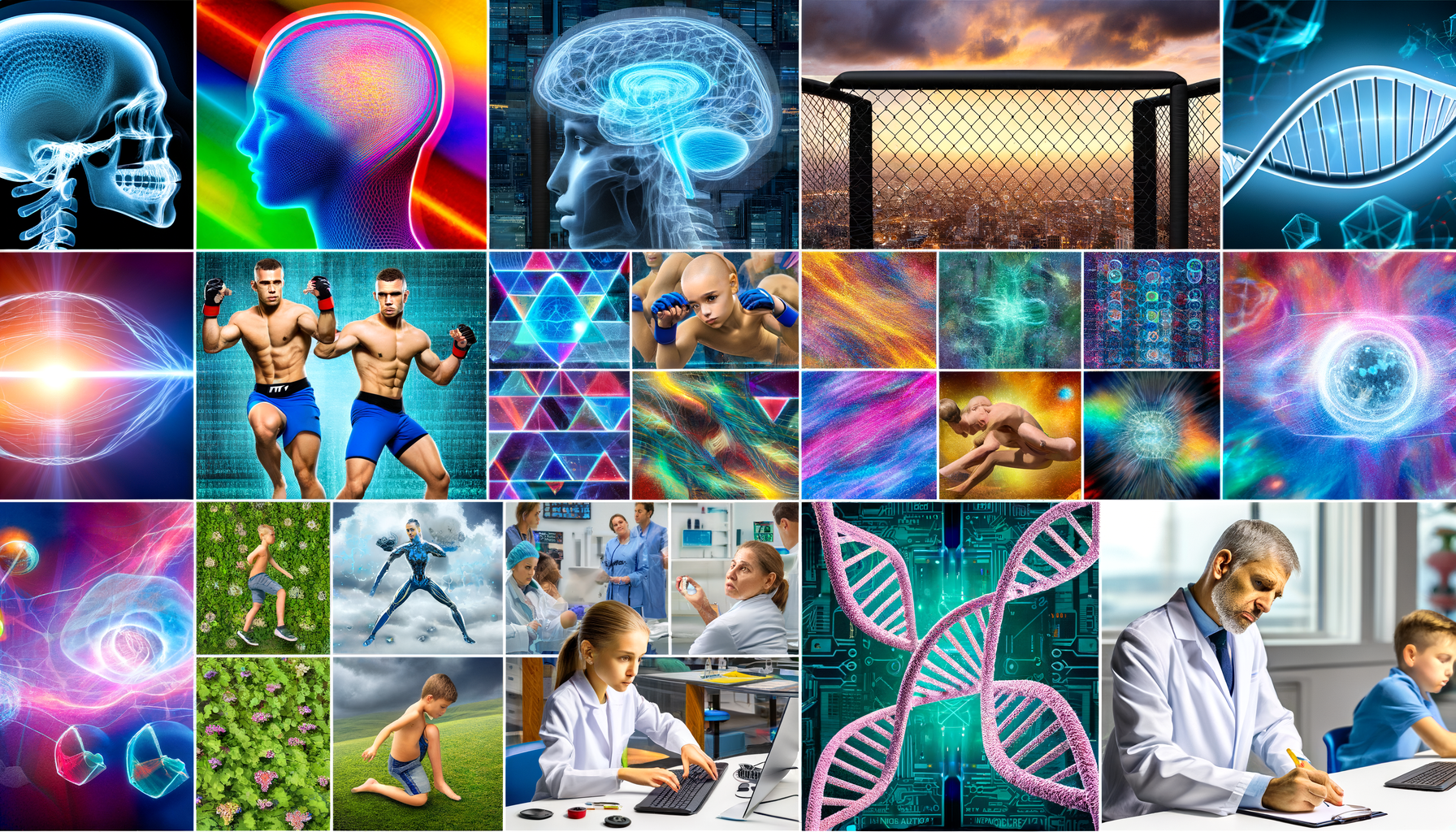“`html
body {
font-family: Arial, sans-serif;
line-height: 1.6;
margin: 20px;
padding: 0;
background-color: #f4f4f9;
}
h2 {
color: #333;
}
p {
font-size: 1em;
color: #666;
}
a {
text-decoration: none;
color: #007BFF;
}
a:hover {
text-decoration: underline;
}
hr {
border: 0;
border-top: 1px solid #ccc;
margin: 20px 0;
}
Meta’s $45 Billion Metaverse Investment Struggles
Meta has reportedly spent approximately $45 billion on its metaverse initiatives with limited success. According to the report, this massive expenditure has little connection to the company’s actual development work on virtual reality (VR) and augmented reality (AR) technologies.
AI’s Role in Driving Corporate Profits
Artificial intelligence is increasingly becoming a profit driver for businesses. The technology shows revolutionary potential across multiple domains, from personal AI assistants that help with daily planning to enterprise applications in manufacturing and product development.
Education Secretary’s AI Gaffe
Secretary of Education Linda McMahon made a notable error during the ASU+GSV Summit by confusing “AI” with “A1” (the steak sauce brand). The sauce company quickly capitalized on this mistake for marketing purposes, highlighting the growing prominence of AI in political and educational discourse.
Microsoft Pauses AI Data Center Projects
Microsoft has announced it is “slowing or pausing” construction on several AI data centers, including a $1 billion project in Ohio. This decision signals potential recalibration in the company’s AI infrastructure investment strategy.
“`

